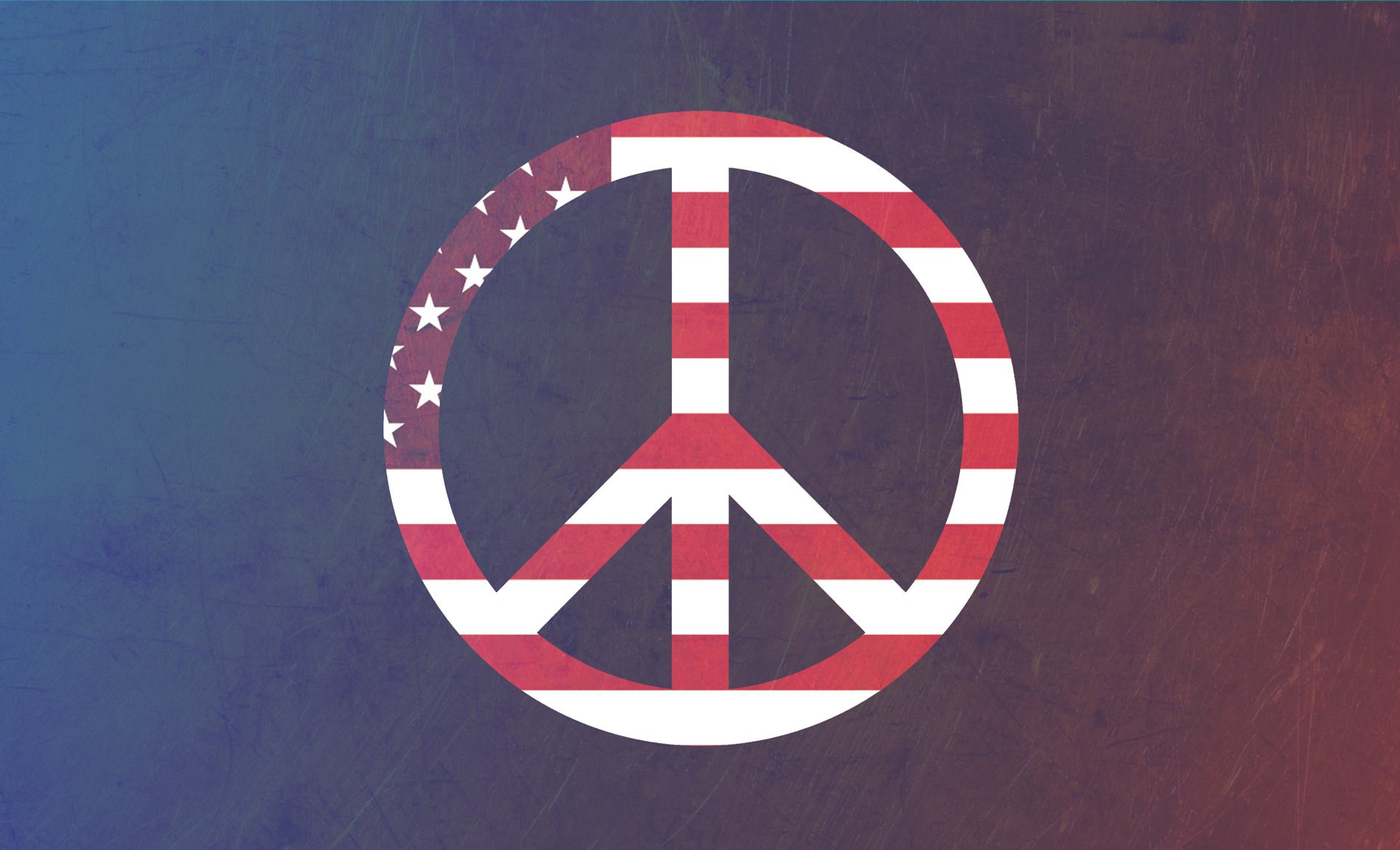Written By Anu Gupta
The Way of Peace This Veterans Day

I hope you are having a pleasant autumn and enjoying the best that this season has to offer. I’ve been appreciating the opportunity to slow down a bit and reflect on the many holidays that we recognize each fall season.
One of those holidays is Veterans Day, observed each year on November 11.
Historically, this date was celebrated over 100 years ago as it marked the end of World War I, the “war to end all wars.”
But more broadly, Veterans Day is now when we honor all our nation’s veterans, the sacrifices of their time, talents, and even life they made for what our country stands for, and the ongoing work it takes to maintain our democracy and freedoms. If you have mixed feelings about the role of war and the military’s role in our country — as I do — you may feel conflicted about this holiday as well. I share your feeling, but emphasize that it’s important to care for our veterans, especially our veterans of color, who despite their contributions, experience dehumanizing forms of racial biases.
Unfortunately, like so many of the systems in our country, the way we treat our veterans is shaped by our nation’s rigid racial caste system.
Research on the Veterans Affairs (or VA) healthcare system shows that there are significant inequalities along racial lines when it comes to the healthcare our veterans receive.
According to a summary of research, “in studies examining quality indicators that represent intermediate health outcomes—such as control of blood sugar, blood pressure, or cholesterol—non-white veterans generally fared worse than whites.”
Studies have found this to be true when looking at all types of clinical areas, from diabetes and arthritis to cancer and mental health. “Alternatively, these studies suggest that racial disparities might reflect ‘regressive’ healthcare delivery; i.e., minority veterans are receiving less and lower quality health care despite needing more and higher quality care, as reflected by poor control of their diabetes, hypertension, and hyperlipidemia.”
Then there’s also the lingering trauma for veterans of color regarding the status of the country they served.
Certainly many Black, Latinx, Indigenous, Asian, Muslim, and other veterans of color feel conflicted about serving a country in which they are still systematically oppressed, treated as second-class citizens, and fighting for respect. Veterans Day may very well bring up complicated feelings for these folks as well.
How can we help this community, which has already given so much to us?
We must invest in our veterans’ well being and healing however we can.
This looks like affordable and accessible healthcare, yes, but also much more than that. It can also look like destigmatizing mental health care (especially for men; see my last blog post about it), ensuring affordable housing and support in getting that housing, and addressing racial bias on an institutional level. We are making strides toward creating this type of future for our veterans, but there is still so much more to be done.
However, I believe there are also ways we can rethink the way the armed forces approach service. For example:
What if our armed forces were trained in nonviolent communication and emotional intelligence? What if we relied less on physical conflict and more on building bridges with those who are different from us?
This may be a lofty idea, but the tools we’ve used in the past — relying on violence and destruction as opposed to collaboration and care — are not serving us any longer. Let’s not forget that the War in Afghanistan cost our nation $2.3 trillion and that does not account for the collateral damages to the mental, emotional, physical, and psychological damages to our veterans, their families and communities. It’s time for something different.
This Veterans Day, I hope you will take some time to reflect on how veterans have affected our society, and how we in turn can show up for them. It is my hope that sometime in our lifetimes, we will live in a world without war, one where conflicts are solved peacefully and we don’t have to rely on violence. The only way to such a destination is by starting now.
In the words of Thich Nhat Hanh, “There is no way to peace, peace is the way.” So let’s use the experiences and talents of our veterans to pave the way to peace.
